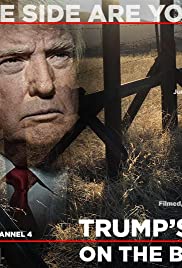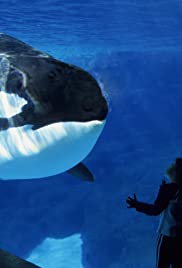
Long Gone Wild focuses on the plight of captive orcas, picking up where the acclaimed documentary Blackfish left off while telling a uniquely new and different story…
You May Also Like

Premier Penthouse photographer Hank Londoner has gathered together some of his sexiest, hottest young model to get wet just for you. Penthouseandapos;s Showers of Lust…come join in the fun.

Hanna Ranch is a feature documentary about visionary cattleman Kirk Hanna and his personal struggle to protect a once prominent way of life in Colorado. Born into a life on the family ranch, Hanna became a leader in the environmental ranching movement that set out to protect the West from the relentless encroachment of development and misuse. Featured in the book Fast Food Nation and dubbed the “eco-cowboy,” he was an early adopter of Holistic Resource Management practices, sat on numerous environmental boards and was president of the Colorado Cattleman’s Association. Hanna’s opinion was so widely sought and respected, many even saw him as a future governor of Colorado. But when his dream of harmony and sustainability ran up against the reality of family conflict and mounting threats to the land, Hanna lost hope. Kirk’s legacy and fight live on as his family and friends continue to protect the West by saving Hanna Ranch.

A short film on the first Gay Pride March in San Francisco in 1971 the year after the Stonewall Riots. This film was lost for 50 years before it was found and restored by SF Art & Film.

The wastelands and crowded streets of an African country are traversed by a woman bearing a wooden cross on her back. She is followed by sellers, beggars and passersby, outraged voices, pity and curious glances. Parallel to her, among a herd of sheep, a lamb toddles its way from the far away mountains into the heart of the city, only to find itself dangling, skinned and headless, on a butcher’s shoulder. In the meantime, under the scorching sun, in a roofless house, a woman is persistently knitting a garment, unwinding a thread coiled over her son’s face. ‘Mother, I Am Suffocating. This is My Last Film About You’ is a symbolic social-political voyage of a society, spiralling between religion, identity and collective memory. “I saw in you what they saw, mother. You deserve your war”.
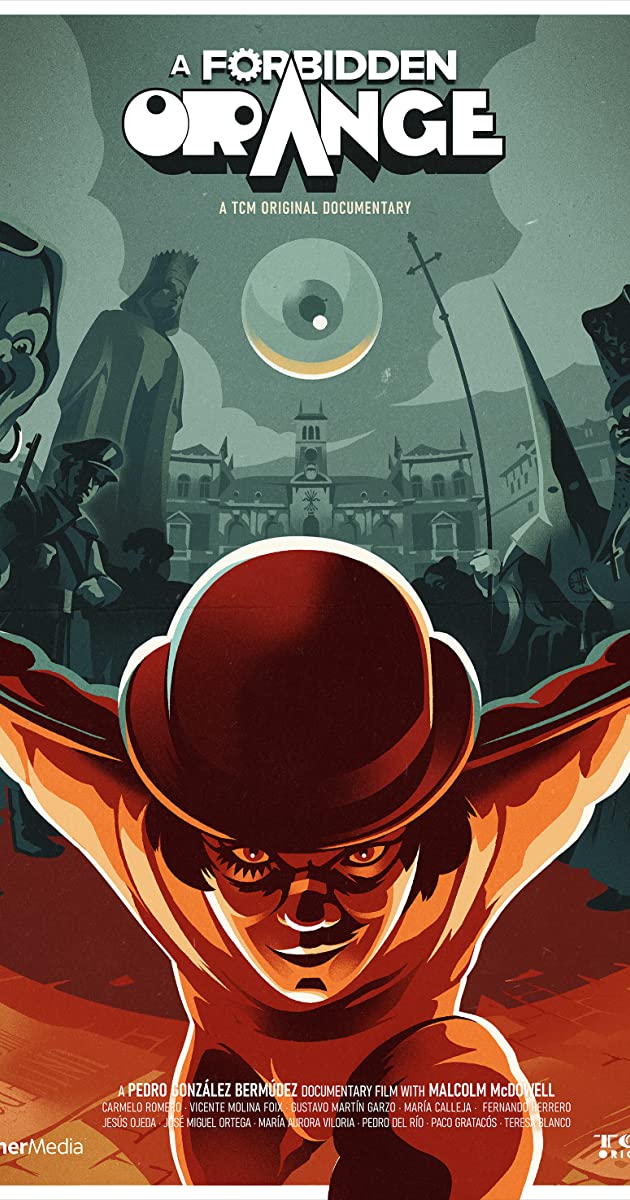
Spain, 1970s. A Clockwork Orange, a film considered by critics and audiences as one of the best works in the history of cinema, directed by Stanley Kubrick and released in 1971, was banned by the strict Franco government. However, the film was finally premiered, without going through censorship, during the 20th edition of the Seminci, the Valladolid Film Festival, on April 24, 1975. How was this possible?
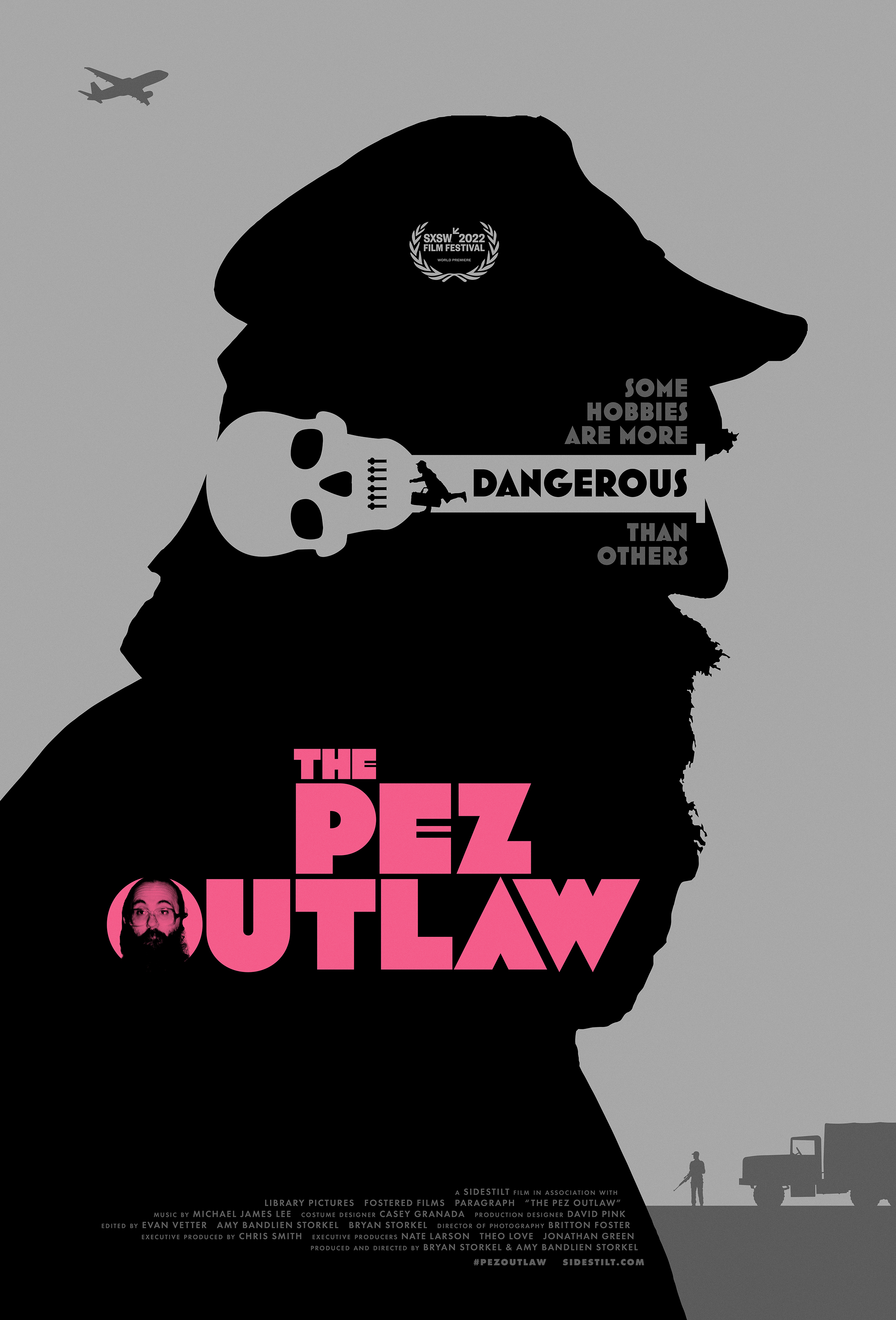
This incredible fish-out-of-water story follows the adventures of Steve Glew, a small-town Michigan farmer, who boards a plane for Eastern Europe soon after the fall of the Berlin Wall. His mission is to locate a secret factory that holds the key to the most desired and valuable pez dispensers. If he succeeds, he will pull his family out of poverty and finally find a purpose in his mundane life. Steve becomes the hero of his own adventure, smuggling the rarest of goods into the U.S. and making millions in the process. It was all magical, until his arch-nemesis, The Pezident decided to destroy him.
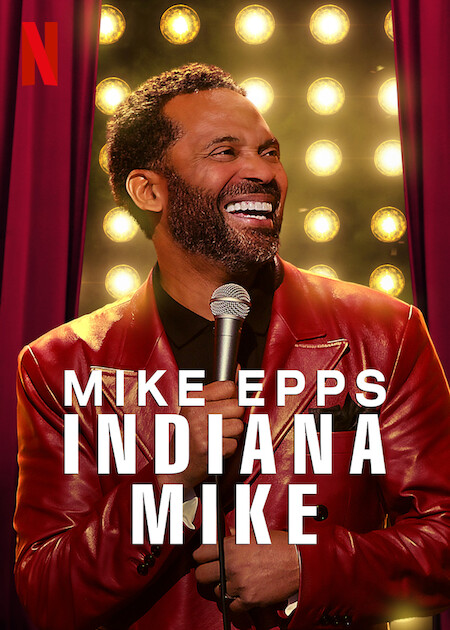
Filmed at the Walker Theatre in his hometown of Indianapolis, with an audience that includes the Mayor, the Indiana Pacers, and his criminal lawyer since 1992, Mike Epps returns for his third hour-long Netflix comedy special. Epps exclaims what he loves about Indiana, his parents’ legacy and much more.

The story of the influential 19th century British poet Dante Gabriel Rossetti and his troubled and somewhat morbid relationship with his wife and his art.

In a universe where cool kids are nerds, the orchestra is world class and being Asian American is the norm, seniors at Lowell High School compete for the top prize: admission to the college of their dreams.
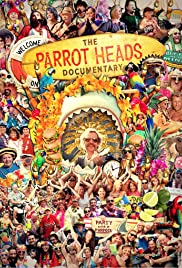
An in depth look at the world of Parrot Heads, the loyal fan base of Jimmy Buffett.
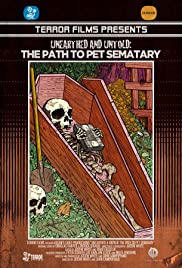
This documentary is a detailed look into the making of PET SEMATARY, one of the most enduring cult-horror classics of our generation.
